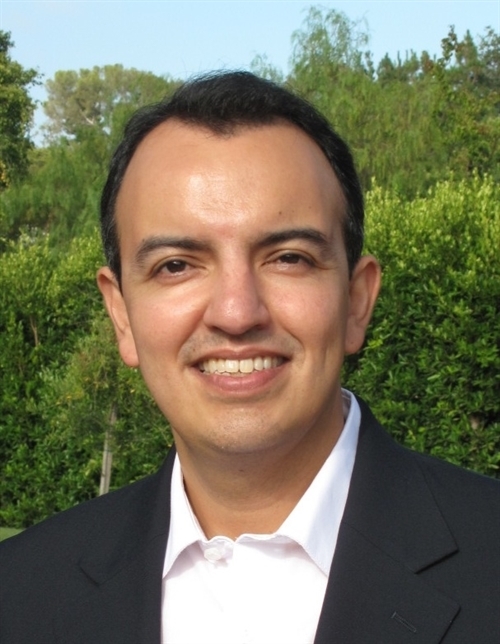 Department
DepartmentArctic Sciences Section, Office of Polar Programs
OrganizationU.S. National Science Foundation
Emailrobdelga@nsf.gov
Location
Washington , Virginia 22314
United StatesBio
Roberto is Program Director for the Arctic Observing Network (AON) in the National Science Foundation's (NSF) Office of Polar Programs (OPP), co-leads the Interagency Arctic Research Policy Committee's (IARPC) Environmental Intelligence Collaboration Team, co-chaired the IARPC Principles Revision Working Group, is a member of the US AON Board, and is helping to manage NSF's Navigating the New Arctic Big Idea. Prior to joining OPP's Section for Arctic Sciences, Roberto served as a program chief at the National Institutes of Health, where he co-led the IARPC Health and Wellbeing Collaboration Team, coordinated the Arctic Council's RISING SUN initiative, and managed contracts, cooperative agreements, and research grants focused on resilience and well-being among rural, global, Arctic, and American Indian and Alaska Native communities. He earned his doctorate in Biological Anthropology and Anatomy (now Evolutionary Anthropology) from Duke University, with expertise in biodiversity, evolutionary ecology, Indigenous peoples, protected areas management and monitoring, terrestrial ecosystems, and wildlife biology. He also previously held research faculty positions at Hunter College of the City University of New York and the University of Southern California.
Current Research
Interdisciplinary researcher, science administrator, and program manager with broad policy experience within government interagency committees and intergovernmental working groups relating to biodiversity, climate change, ecological monitoring and observing, environmental conservation, global health, Indigenous peoples, natural resource management, and sustainable development, including in the ArcticExtensive community-based field research in low-resource settings, including experience in technical assistance and project management—from design and budgeting to implementation and reporting—with applications for promoting effective strategies in community outreach, environment and natural resource management, and wildlife conservation
Demonstrated ability to work collaboratively and constructively with a wide range of stakeholders including educational institutions, Indigenous communities, international nonprofit organizations, and regional and federal governmental agencies
Proven and consistent grants and program administration skills and capacity to support empirical and applied research, to publish in peer-reviewed journals, to present findings at professional conferences, as well as to communicate science to non-experts
